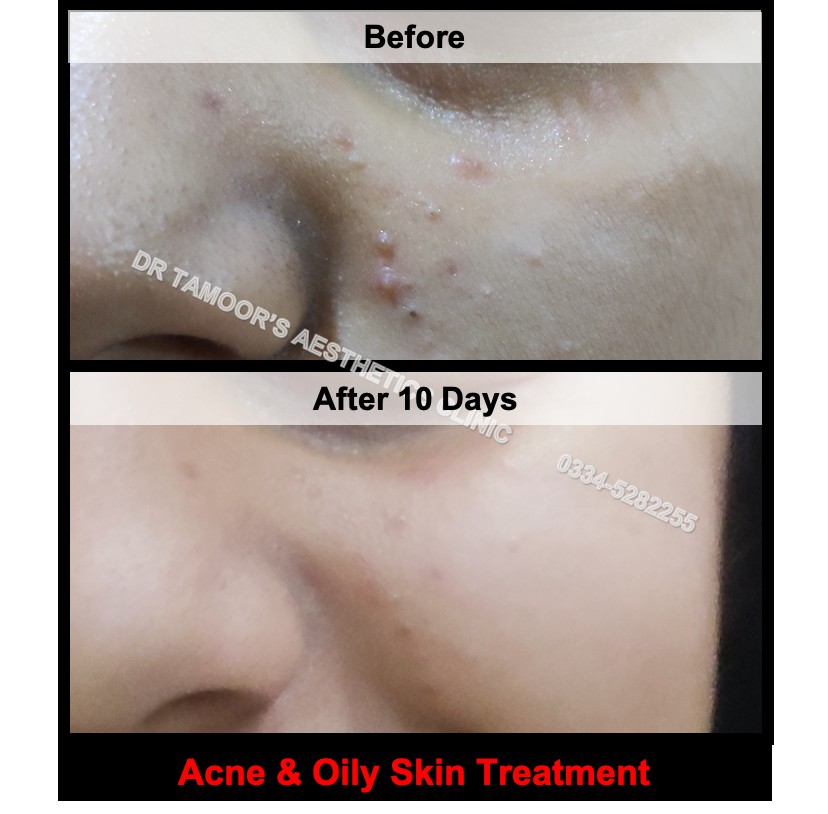Acne is a common skin condition that happens when hair follicles under the skin become clogged. Sebum—oil that helps keep skin from drying out—and dead skin cells plug the pores, which leads to outbreaks of lesions, commonly called pimples or zits.
This mixture of oil and dead cells allows bacteria to grow in the plugged follicles and cause inflammation—swelling, redness, heat, and pain. When the wall of the plugged follicle breaks down, it spills the bacteria, skin cells, and sebum into nearby skin, creating pimples.
